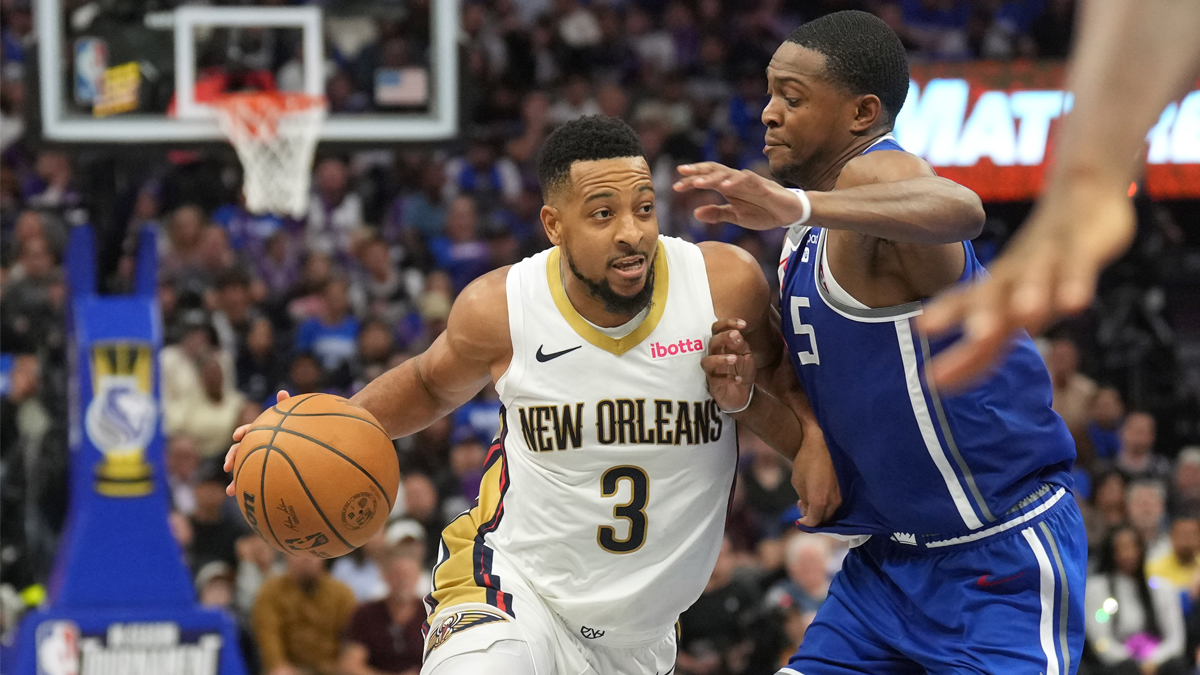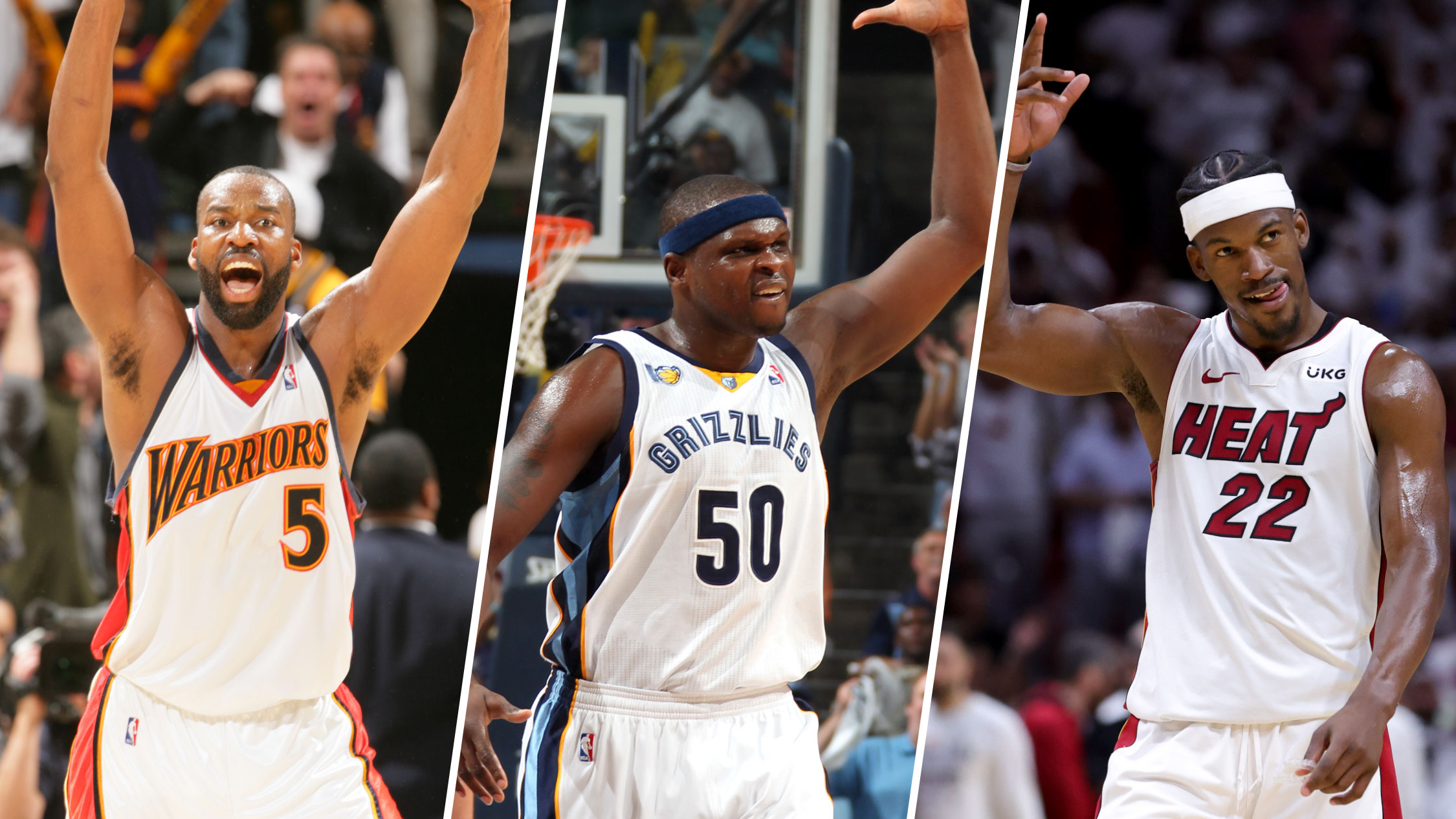
Rubber, meet road.
While Bulls general manager Gar Forman intimated the Jimmy Butler situation would be resolved sooner rather than later at the announcement following the selection of first-round draft pick Bobby Portis, actions still had to follow from both sides.
The Bulls fired the first salvo, so to speak, in extending a qualifying offer and maximum qualifying offer to their restricted free agent. A maximum qualifying offer essentially limits Butler’s options as far as seeking an offer sheet from a prospective suitor, as the Collective Bargaining Agreement prevents a team from offering anything less than a three-year contract (which the Bulls will assuredly match) but it can’t contain any early termination options.
The Bulls don’t believe Butler wants out of Chicago like the rumor mill has suggested in recent weeks, but extending the maximum qualifying offer certainly gives the impression they were at least concerned about the possibility.
[MORE: Could Rodney Stuckey be a fit off the bench for the Bulls?]
In this era of the CBA, that mechanism hasn’t been used, and rarely has a player of Butler’s caliber actually signed the initial qualifying offer—which on par, causes a player to lose money that will be hard to recoup with a very limited time to maximize earnings’ potential.
Detroit’s Greg Monroe rolled the dice on it last summer, turning down a deal in excess of $50 million when the Pistons wouldn’t trade him, choosing to sign a qualifying offer that would grant him unrestricted free agency while playing for just $5.4 million.
NBA
Monroe was dealing with a different set of circumstances than Butler, choosing not to take a chance on a new coach and new regime in Stan Van Gundy after years of losing and frustration.
Butler will have a new coach this season in Fred Hoiberg, but that could save his body from leading the league in minutes as he did under Tom Thibodeau, and he knows the Bulls’ brain trust very well.
Add to it, the Bulls have made the playoffs every year and seemingly have been on the doorstep of conference supremacy, as Butler has progressed and developed every year since entering the league in 2011.
Perhaps it’s as simple as Butler wanting to hear how much other teams want him. After all, he wasn’t heavily recruited coming out of high school, having to enroll at junior college before going to Marquette, where he had to fight to become the last pick of the first round.
Heck, his contract negotiations before the season with the Bulls were contentious enough, as the two sides couldn’t come to an agreement—one that if the Bulls signed him to would be an outright bargain for the next four seasons.
So now, Butler finally has a say—somewhat.
He bet on himself to become a bonafide All-Star this season, heard “MVP” chants during fourth quarters of playoff games and now doesn’t have to beg for what he believes he’s rightly earned.
[MORE: A financial primer for Bulls free agency]
Butler can take meetings with other franchises, although the current setup makes it hard for even the most interested team to come forward because of how impossible it is to obtain his services now. But he can sit back and listen to how coveted he is, how he’d be featured as a star should the opportunity present itself and for the first time in a very long time, Butler doesn’t have to fight.
He can weigh his options, and take the five-year, $90 million deal that has the potential to set his family up for life—or accept a shorter contract in order to catch the huge windfall that will hit the salary cap due to the new TV contracts in the next couple of years.
Whether he wants to get out of Chicago is immaterial at this point, which will only be displayed if he takes the one-year qualifying offer of around $4.4 million just to be free next summer.
What matters is Butler will be in a Bulls uniform next year playing for Hoiberg, being able to deal with the outcome of a situation he dictated—to a degree.
He won’t be begging or wondering, he will have seen all of his desirable options laid in front of him, being treated like the prize instead of the afterthought.
For once, everyone will be marching to his beat—which could be enough.


